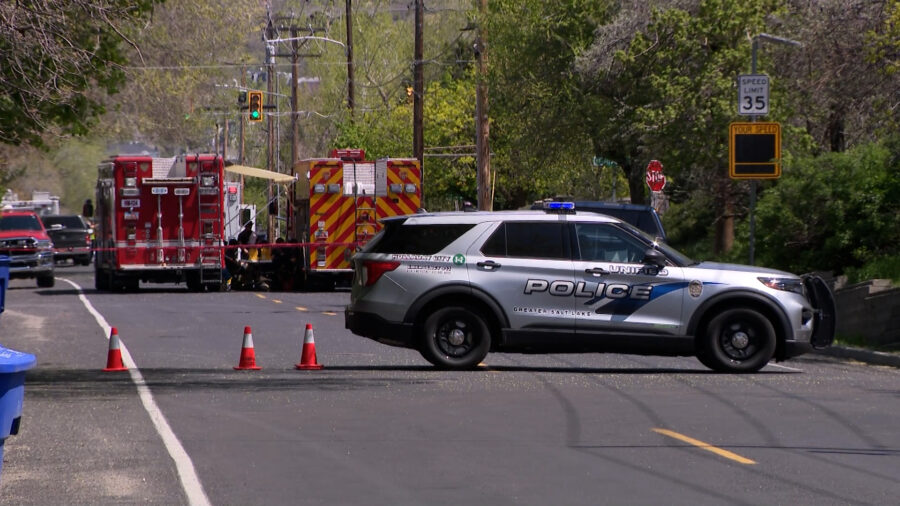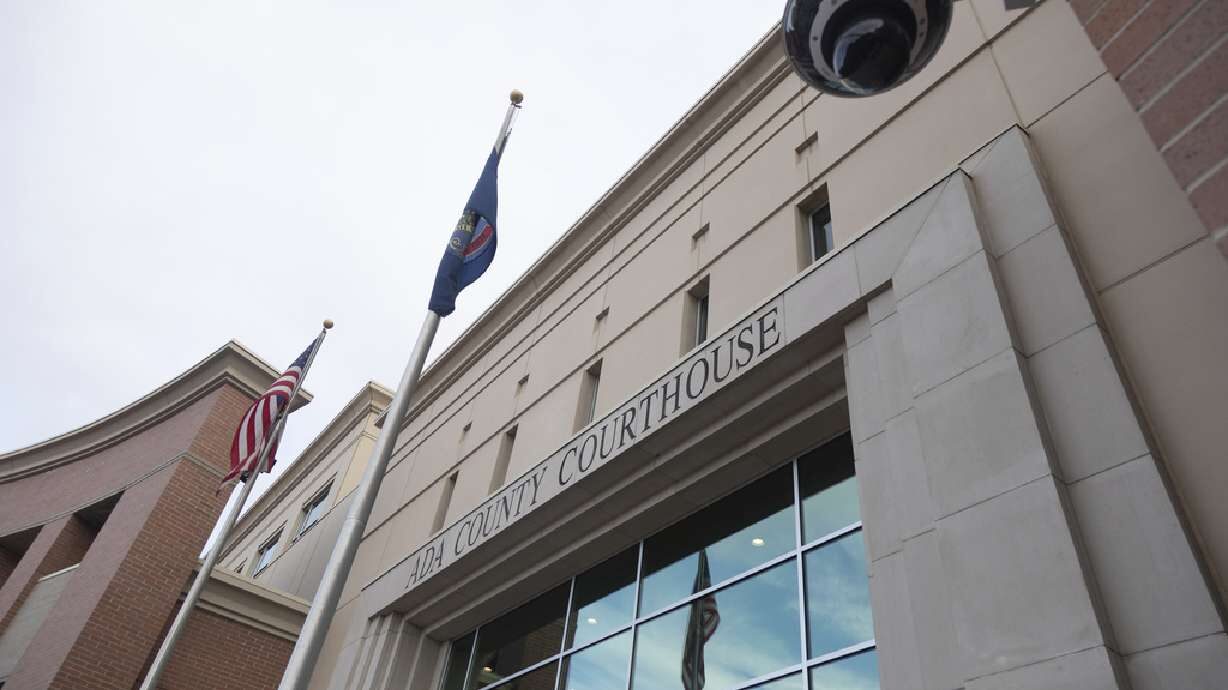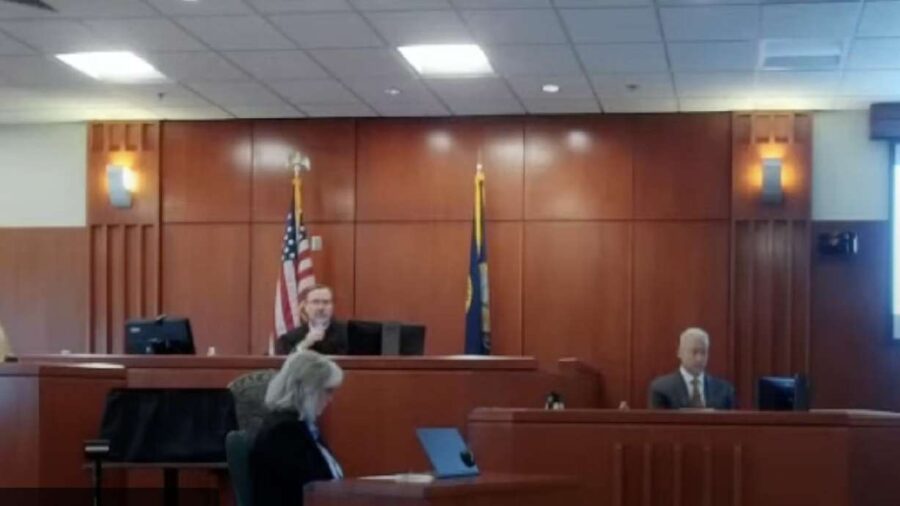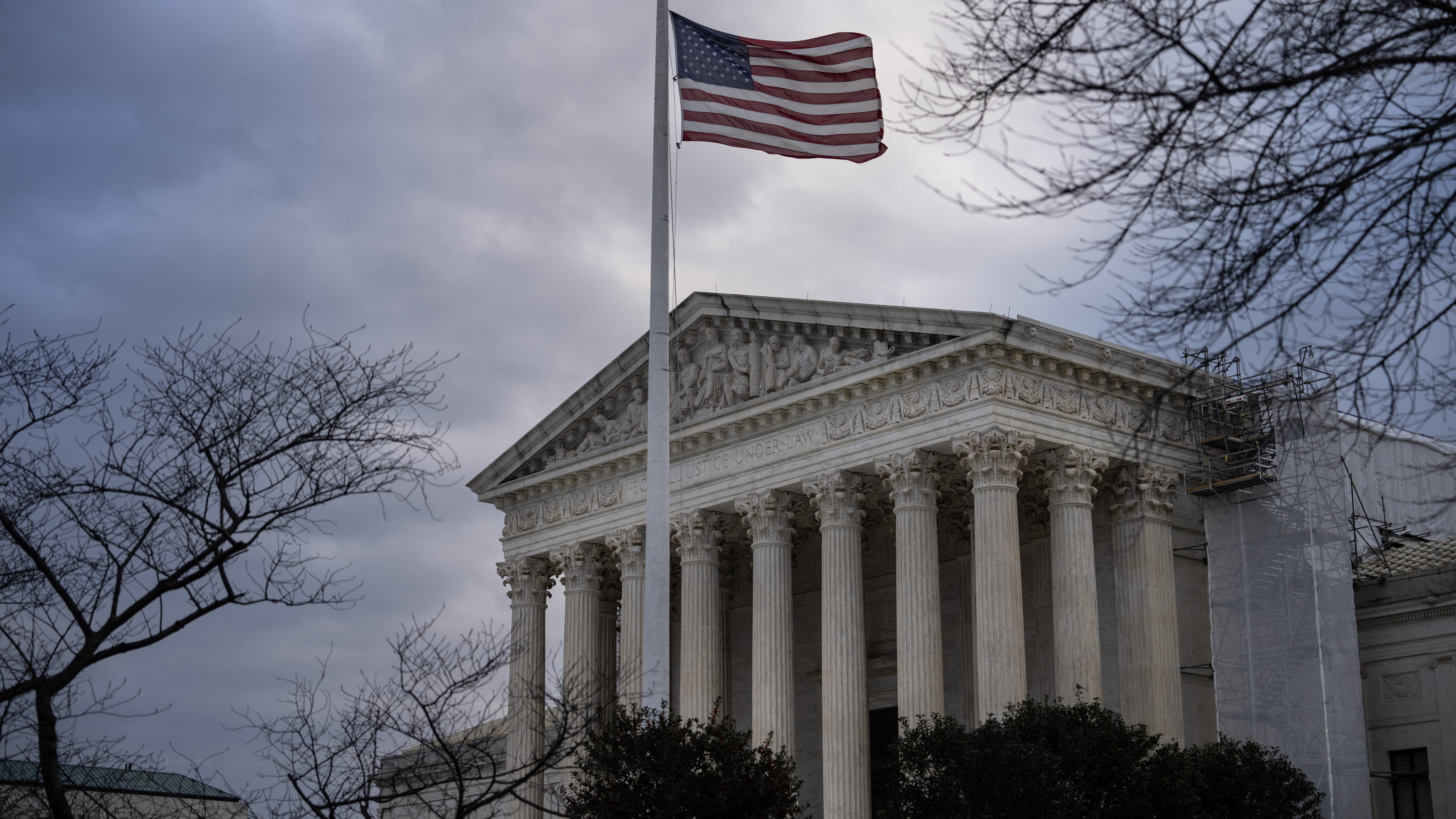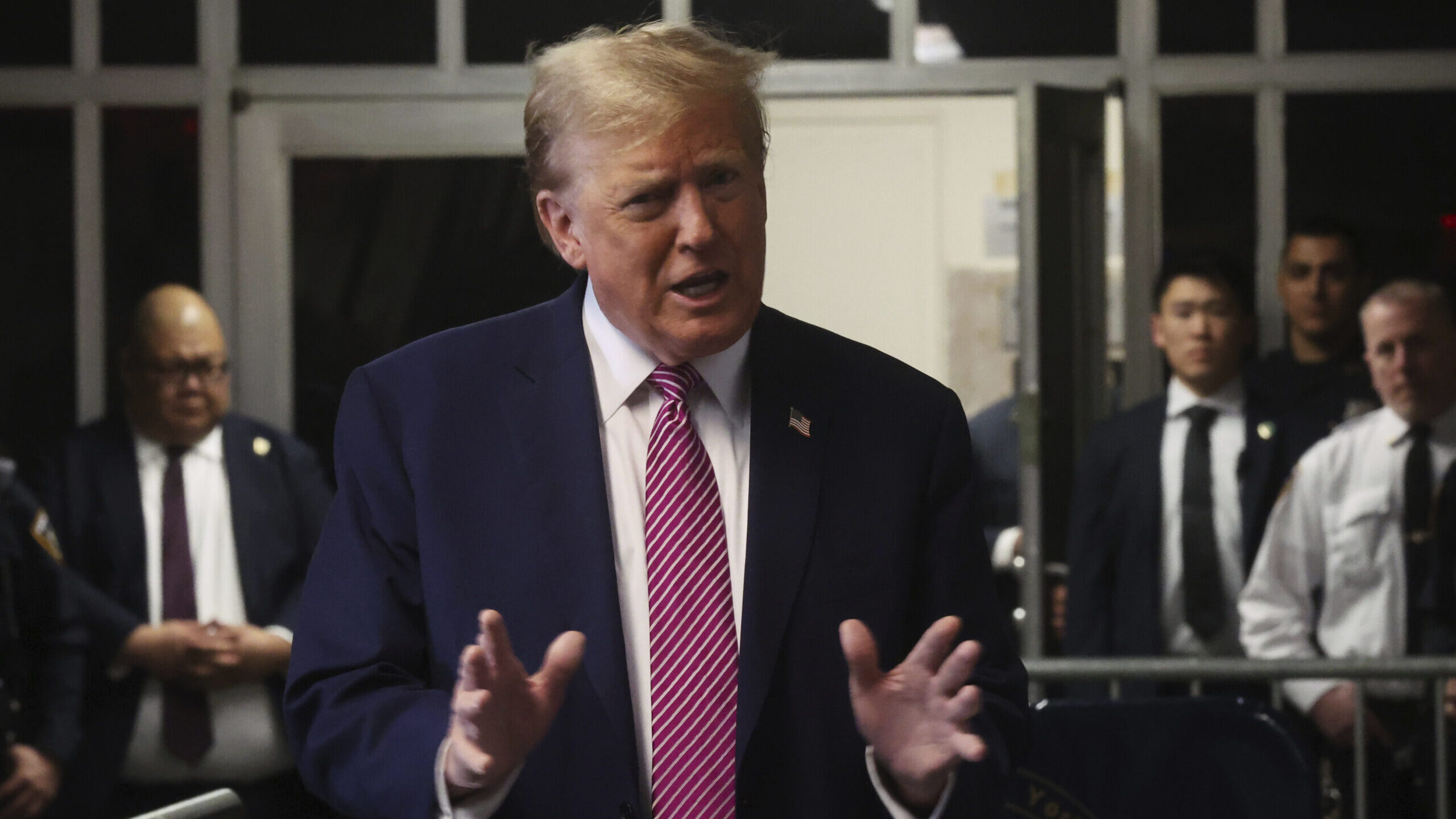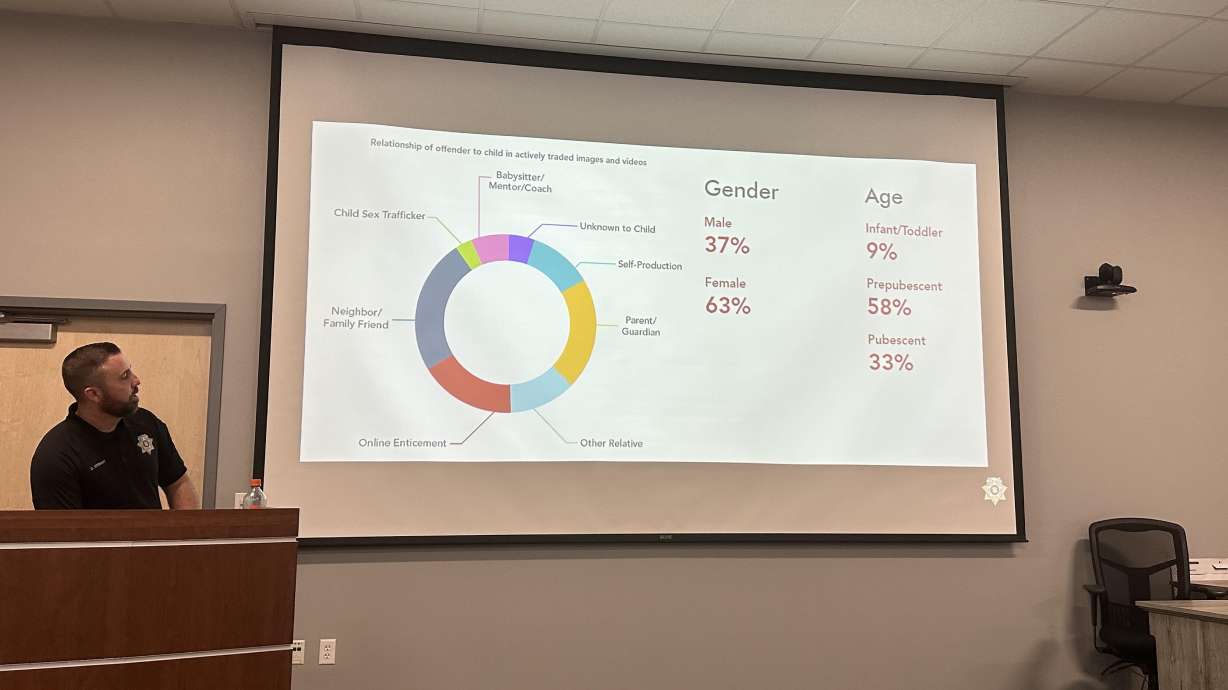Lawmaker’s bill would require clergy to pass background check
Aug 31, 2022, 5:30 PM | Updated: Dec 30, 2022, 11:19 am

FILE - In this Saturday, Jan. 18, 2014 file photo, contrails from jets glow pink as they are illuminated by the setting sun in the skies beyond a church in Kansas. (AP Photo/Charlie Riedel)
(AP Photo/Charlie Riedel)
SALT LAKE CITY — Should priests, ministers, bishops and other church leaders be required to pass a background check in order to minister to children? A Utah lawmaker is joining at least two others who’ve submitted bills that would do just that.
Sen. Keith Grover, R-Provo has proposed a bill that would call for background checks on clergy members. He joined KSL NewsRadio host Debbie Dujanovic and guest host Mary Carpenter to discuss his proposal.
Grover said his bill is in its infancy and has a long way to travel legislatively before becoming law. But he said the overall goal of his bill is to keep children safe.
“This [bill] doesn’t stem from child-abuse charges … It’s making sure we have clergy that have not been involved in abuse in the past,” he said. “This bill, again, we don’t have language. The intent is anyone that works with youth 18 and under would need to pass a background check. Maybe that means that it’s required and then the church can decide what to do with that information.”
Similar bills, similar laws
Grover added that he has had feedback from religious leaders who support his proposal. He said Pennsylvania passed a similar bill in 2014.
“Obviously it’s in law and avoided the constitutional barriers, so that was encouraging,” he said.
Rep. Angela Romero, D-Salt Lake City, proposed HB90 in 2020 that would have required Utah clergy to report allegations of child abuse, even when confessed to a priest. She said on Twitter she plans to refile the same bill in the upcoming legislative session.
I refiled my bill, #HB90, and plan on running it this session. Rep. @phil_lyman is aware of this and will defer to me should that be the direction I want to go. #utleg #utpol https://t.co/kzctuZarqq
— Angela Romero (@RepAngelaRomero) August 12, 2022
Rep. Phil Lyman, R-Blanding, also plans to author a bill to end the “clergy exemption” and work with Romero according to reporting from Axios.
What churches do with background-check results is up to them
“How do you reconcile this with the Constitution because that does allow for freedom of religion?” Debbie asked.
“How do you keep somebody who has a tainted background and is reformed or claims to be reformed away from people who are 18 and under?” she also asked.
“If someone is a sex offender and then feels like they need to be a minister or clergy or a pastor or a bishop, that’s up to the church to decide. The state will not get involved in that,” Grover said.
“Would there be some kind of a state registry to make sure that these background checks had actually taken place? Or would it be just kind of the honor code for churches to disclose what some of these backgrounds turned up?” Debbie asked.
“I just don’t see any type of serious tracking,” Grover said. “It’d be something required by law and then should they do it? That’d be great. If they don’t do it, and there’s a problem, the liability thing would be probably the biggest risk.”
Related reading:
- Some Utah lawmakers trying to get rid of clergy exeption in state’s mandatory child abuse reporting law
- Church responds to AP story on abuse of a child and reporting hotline
- What the bishops knew: Church releases details, timeline about Arizona sex abuse case
Dave & Dujanovic can be heard weekdays from 9 a.m. to noon. on KSL NewsRadio. Listeners can find the show on the KSL NewsRadio website and app, as well as on Apple Podcasts and Google Play.


